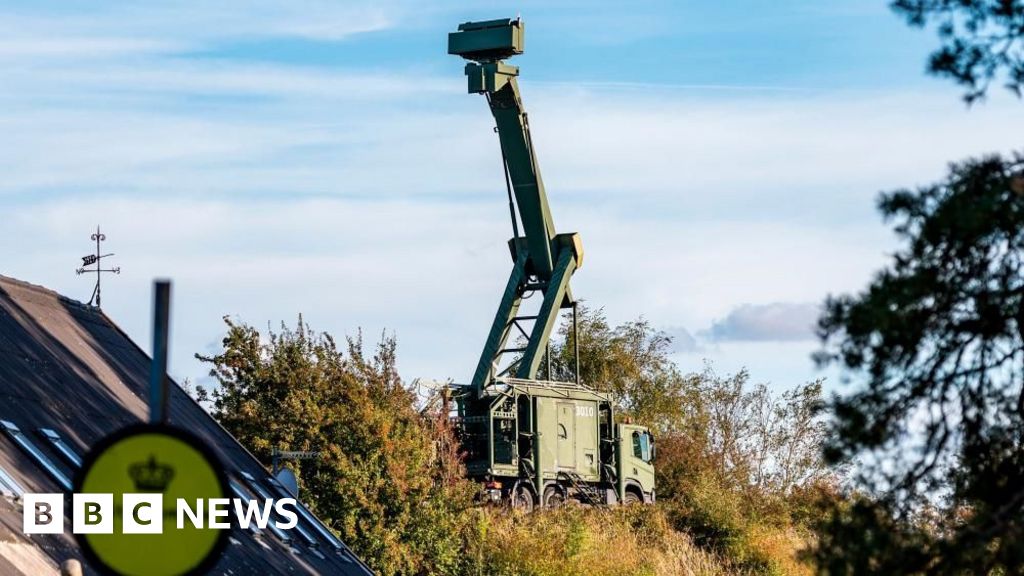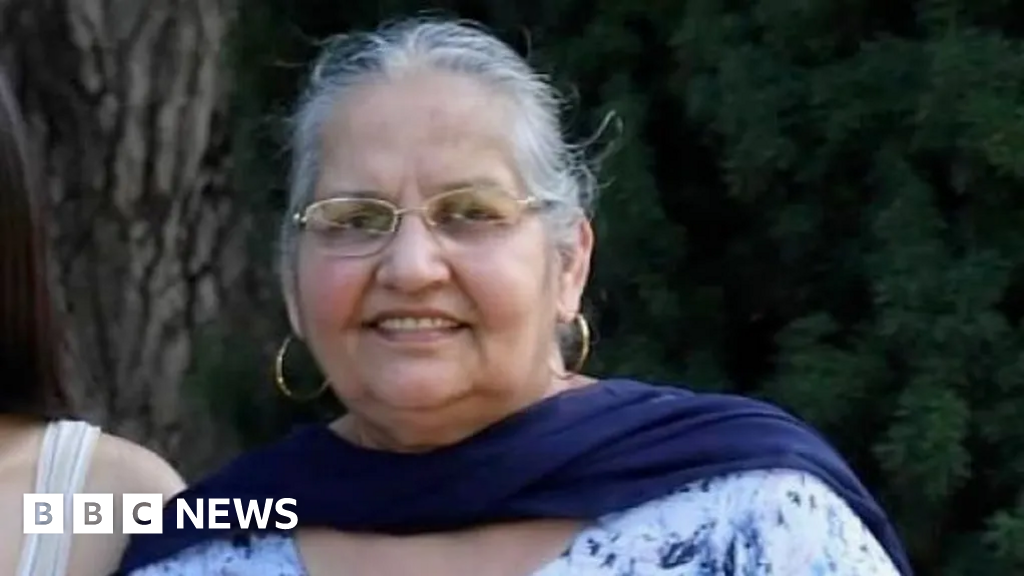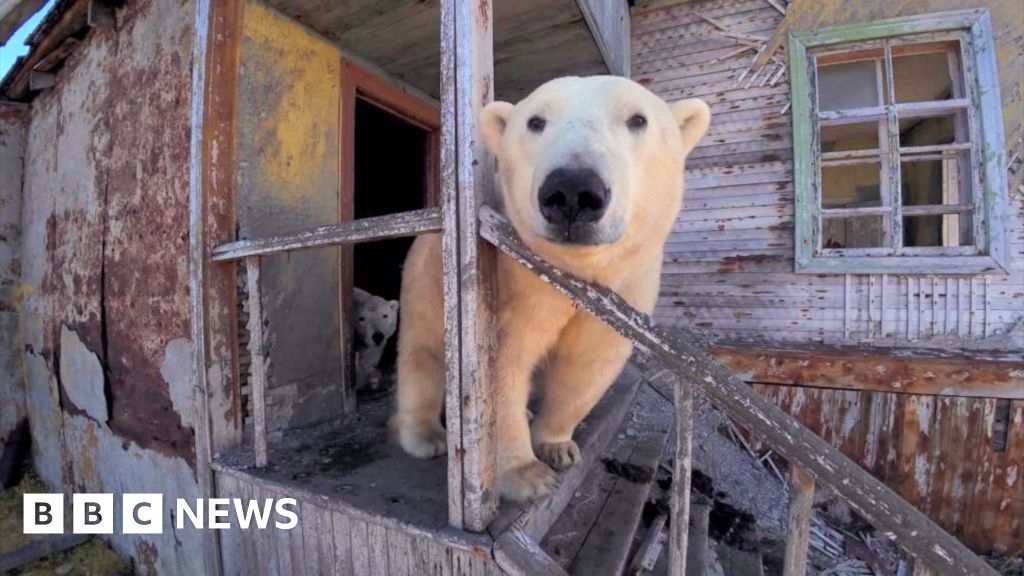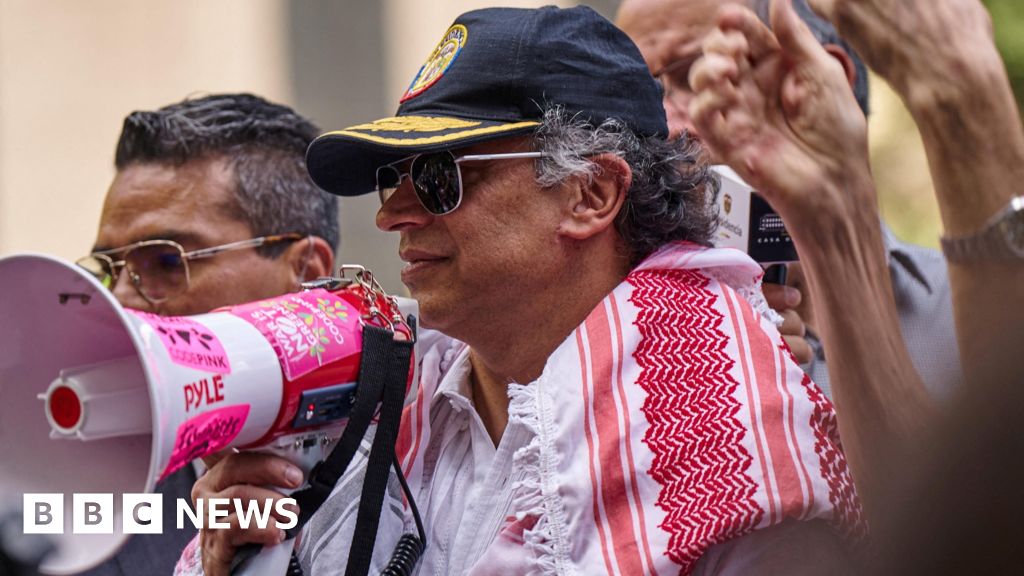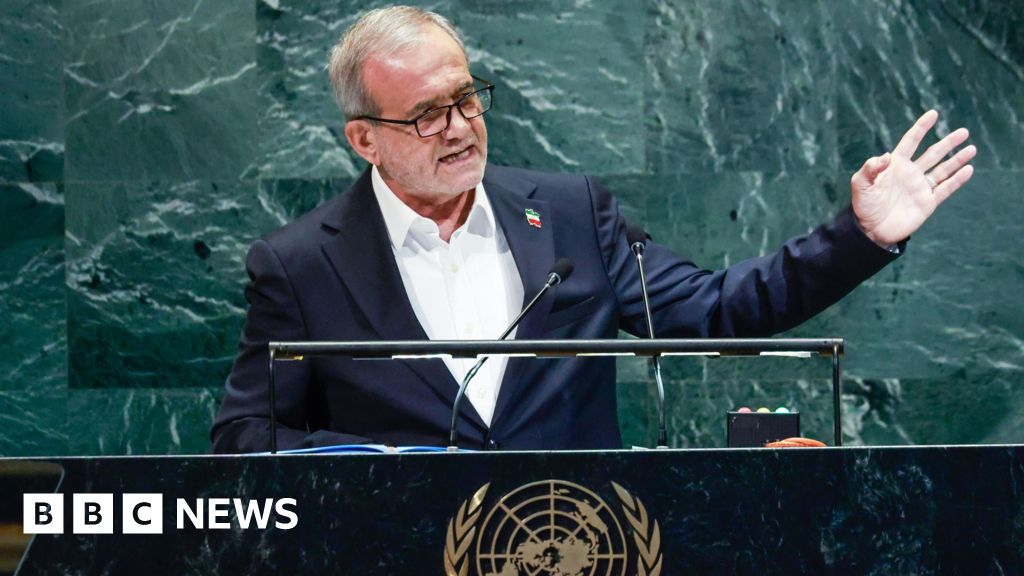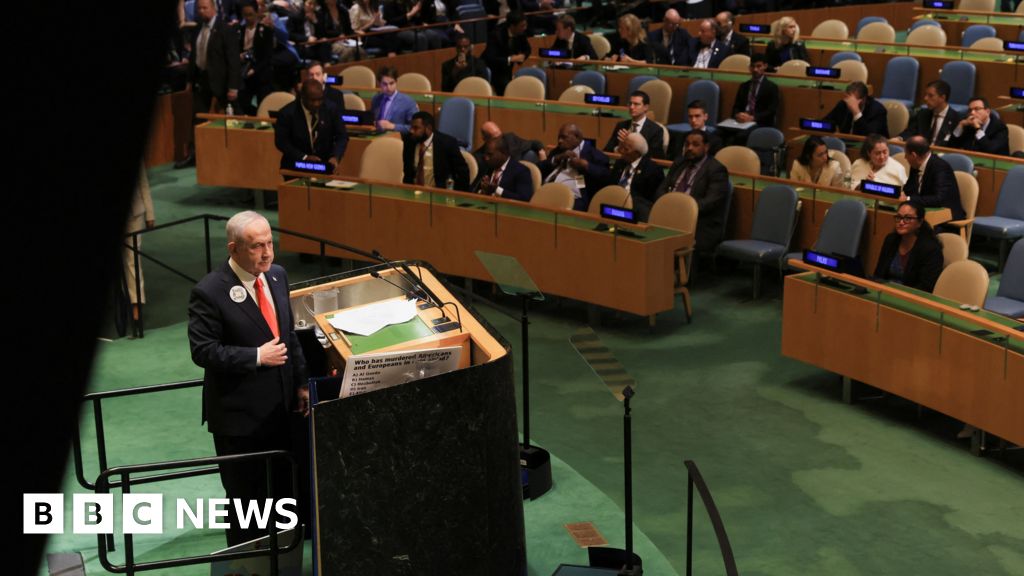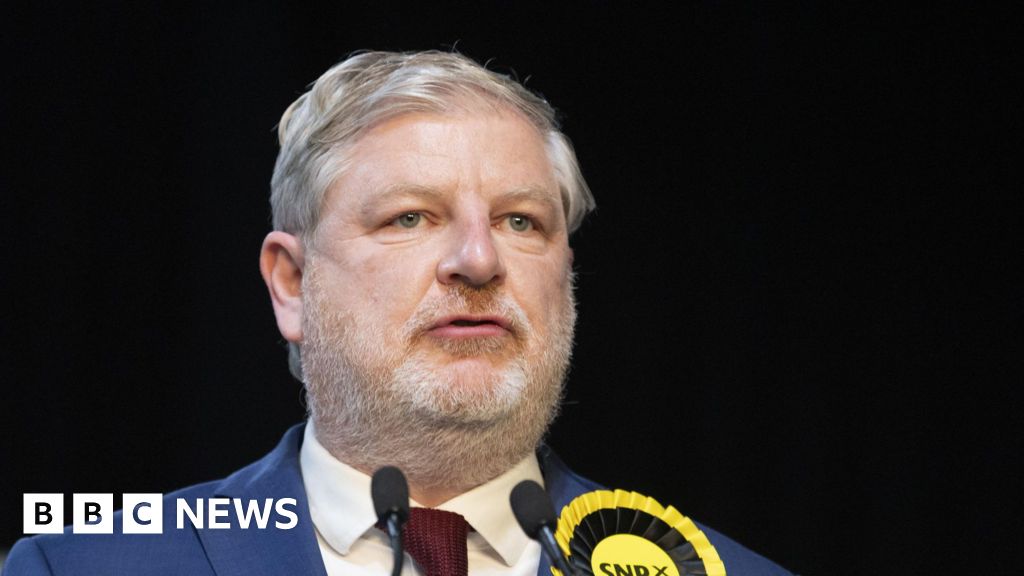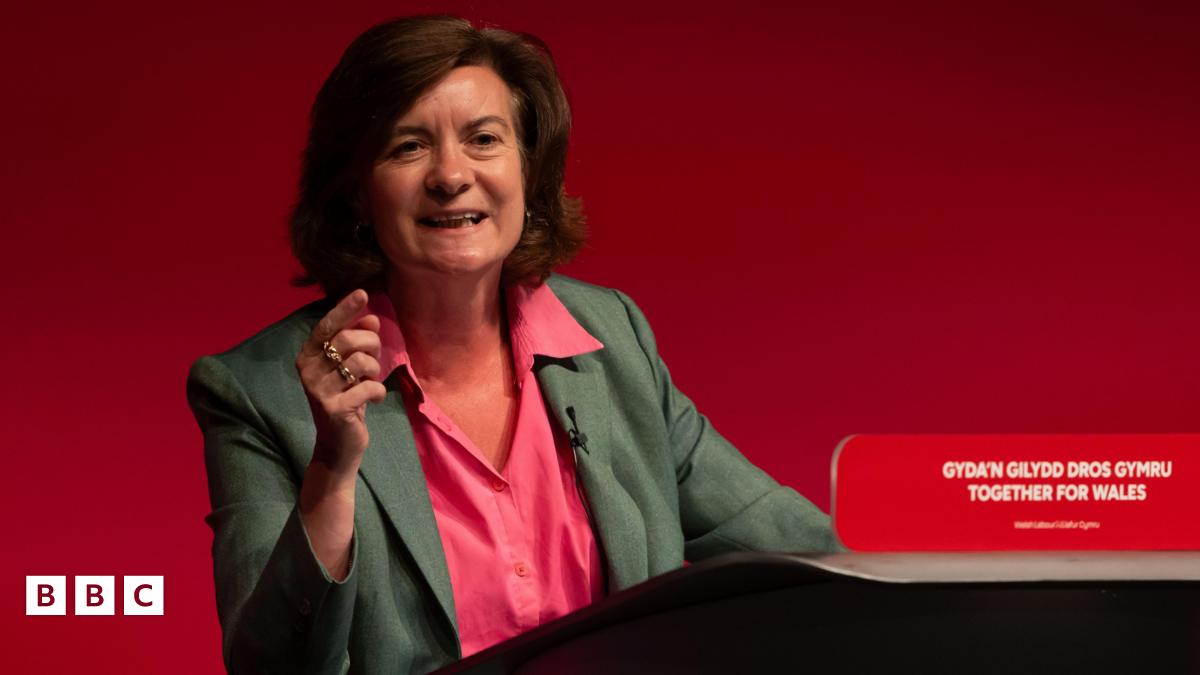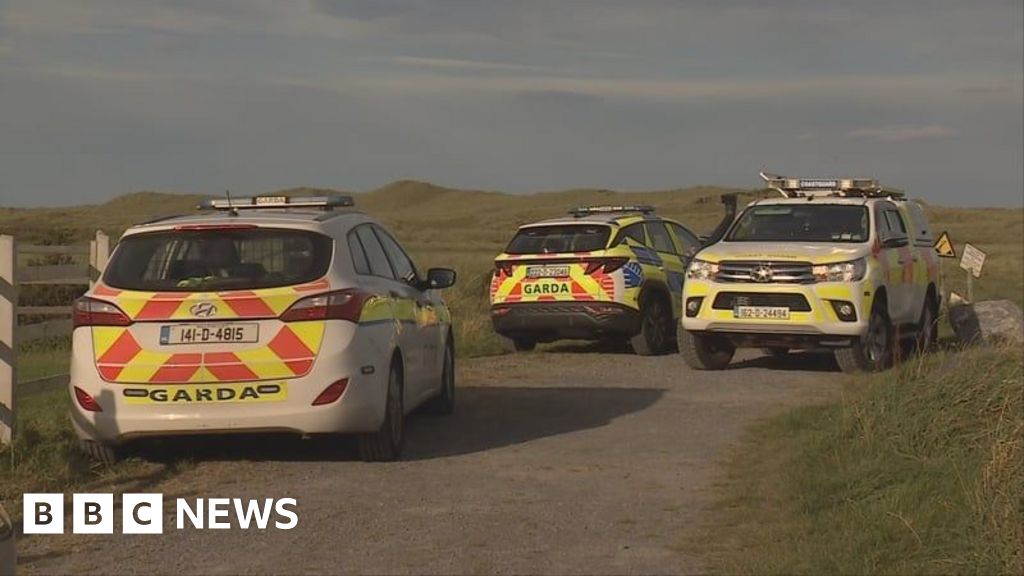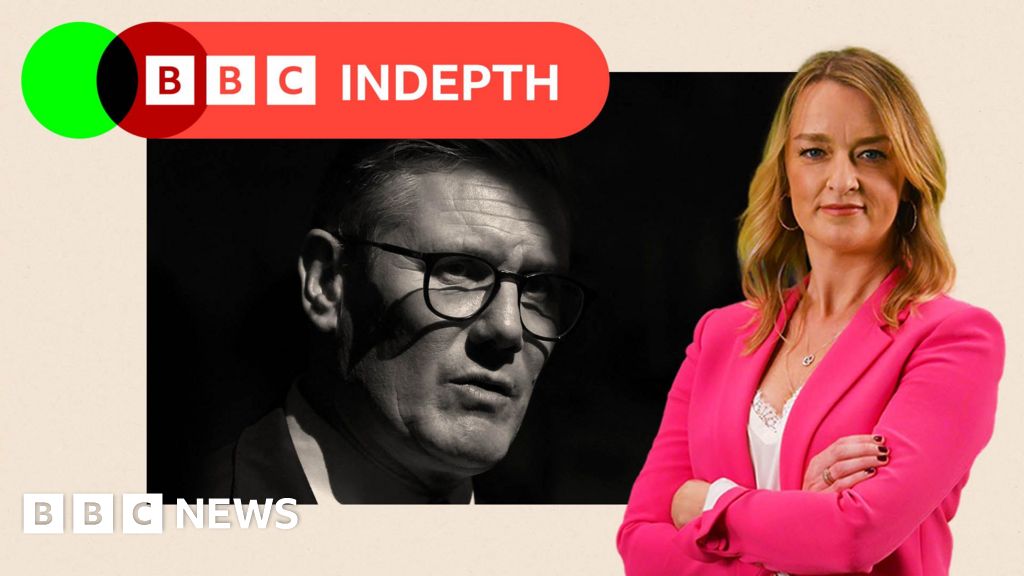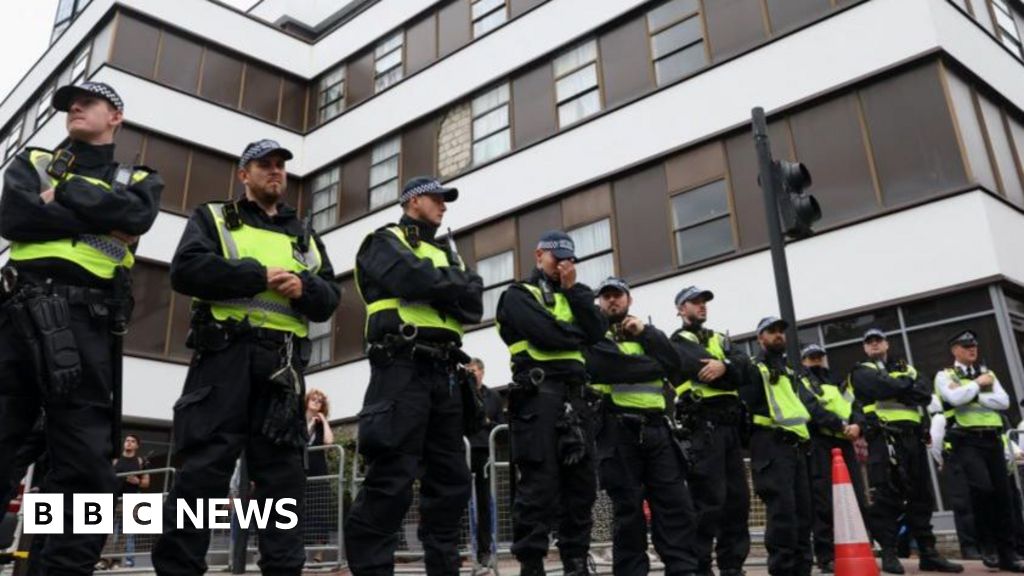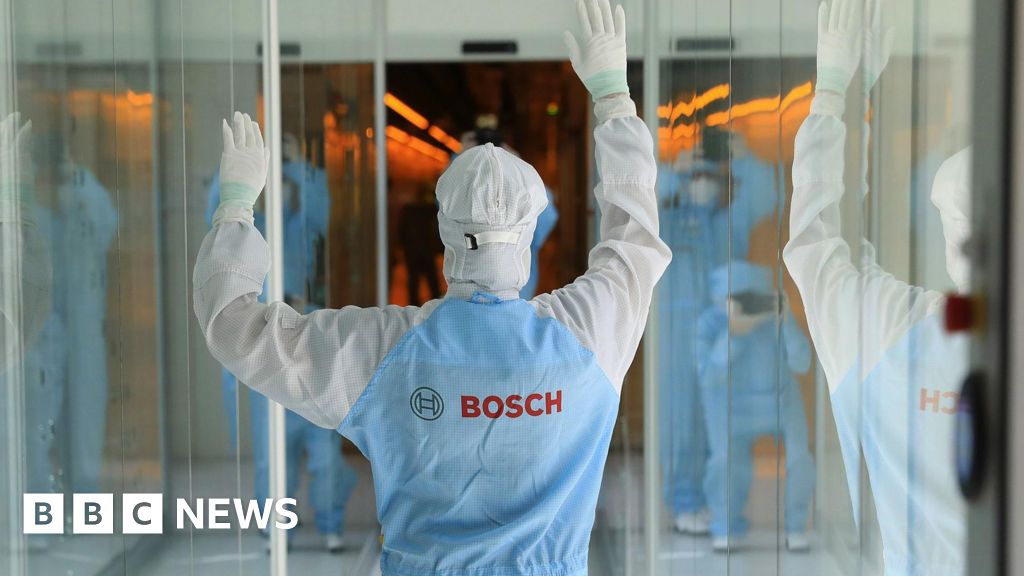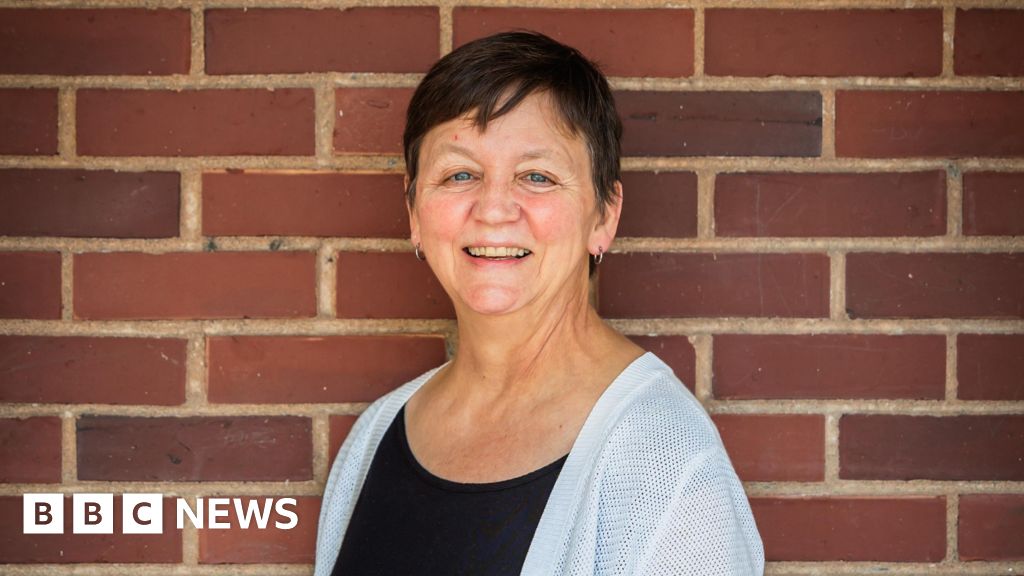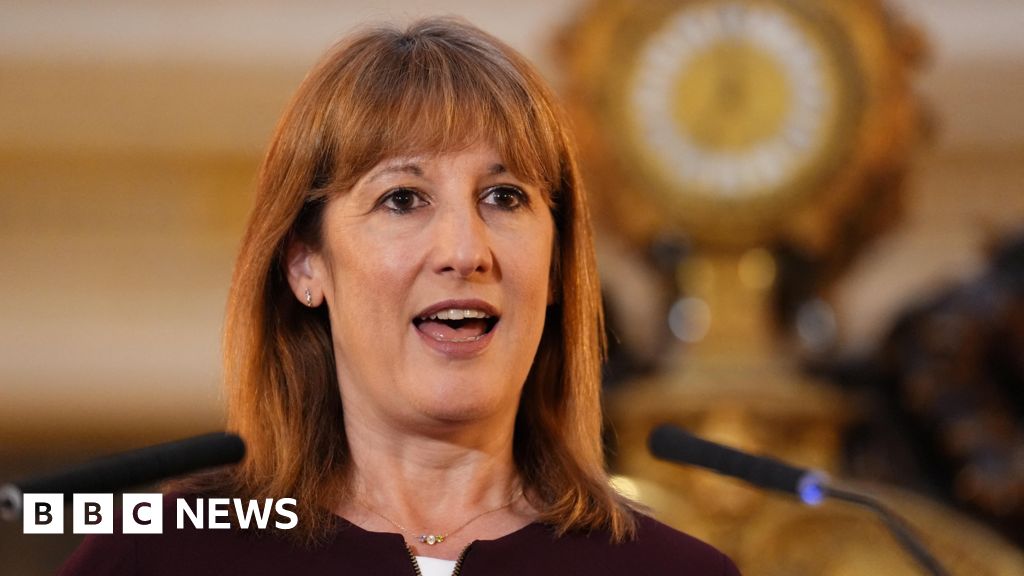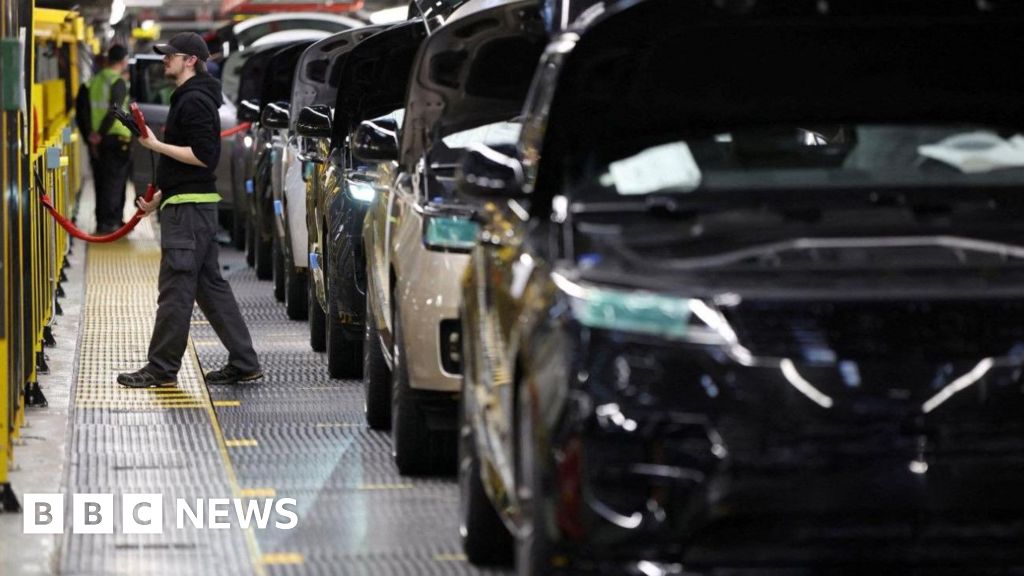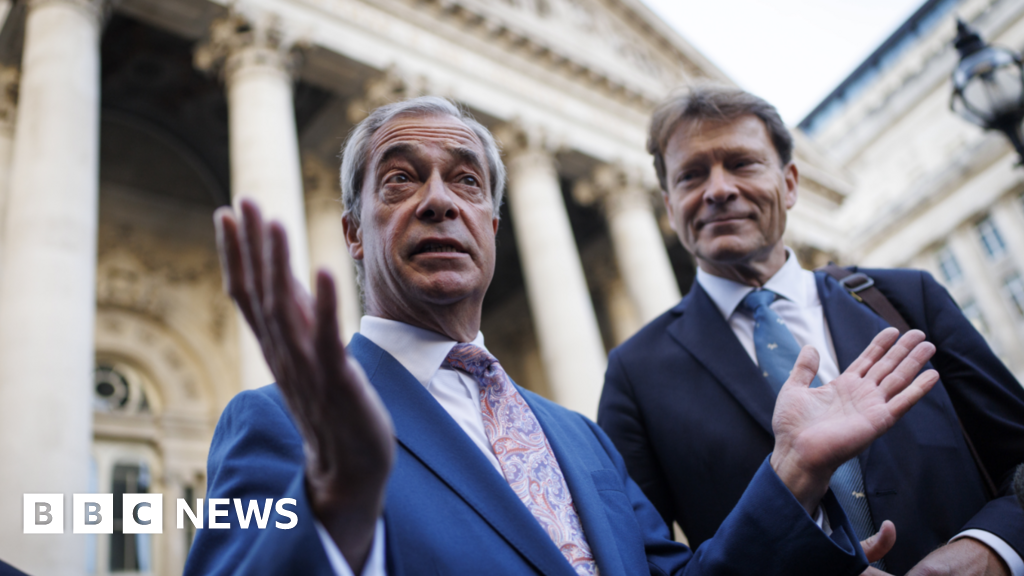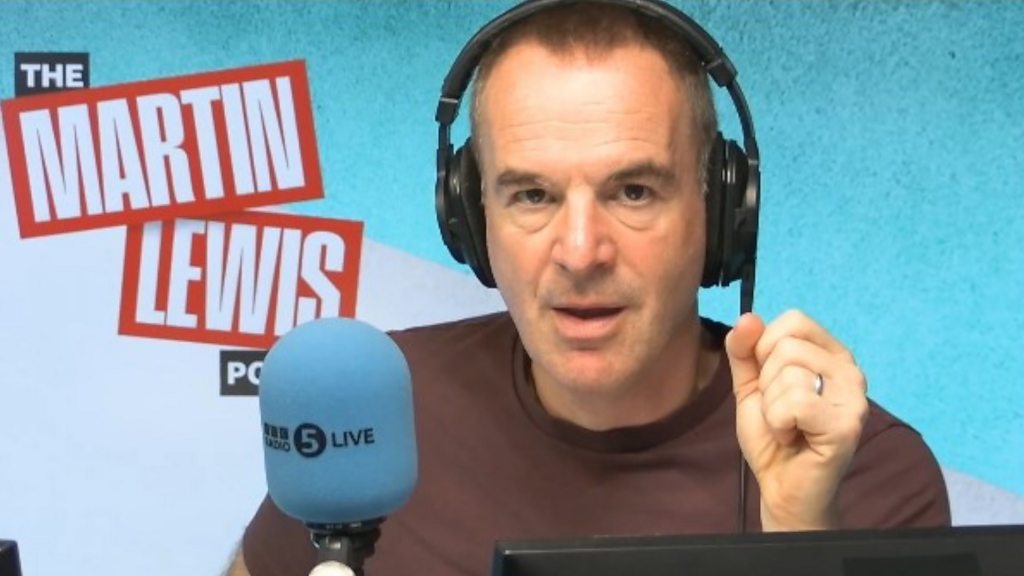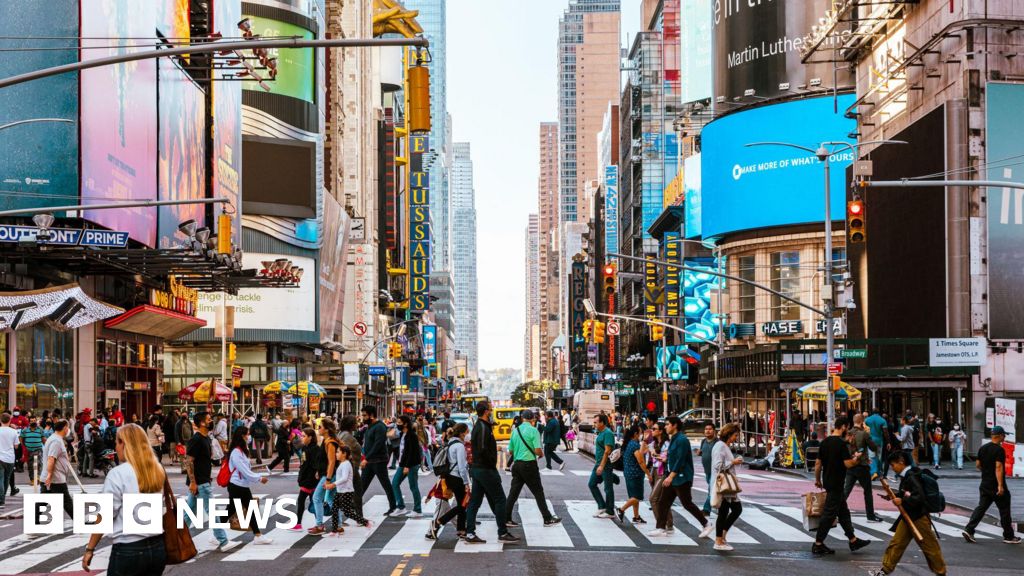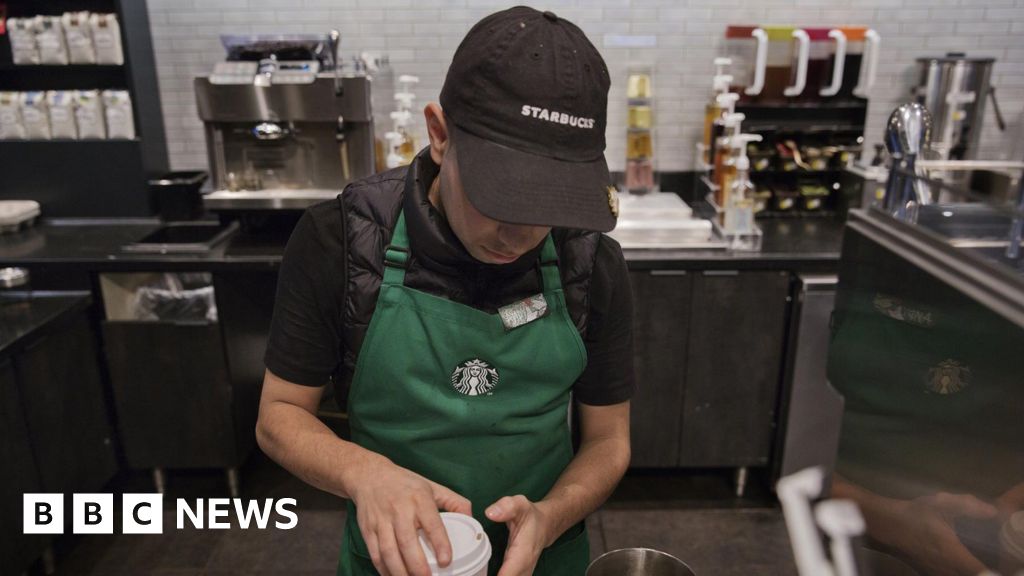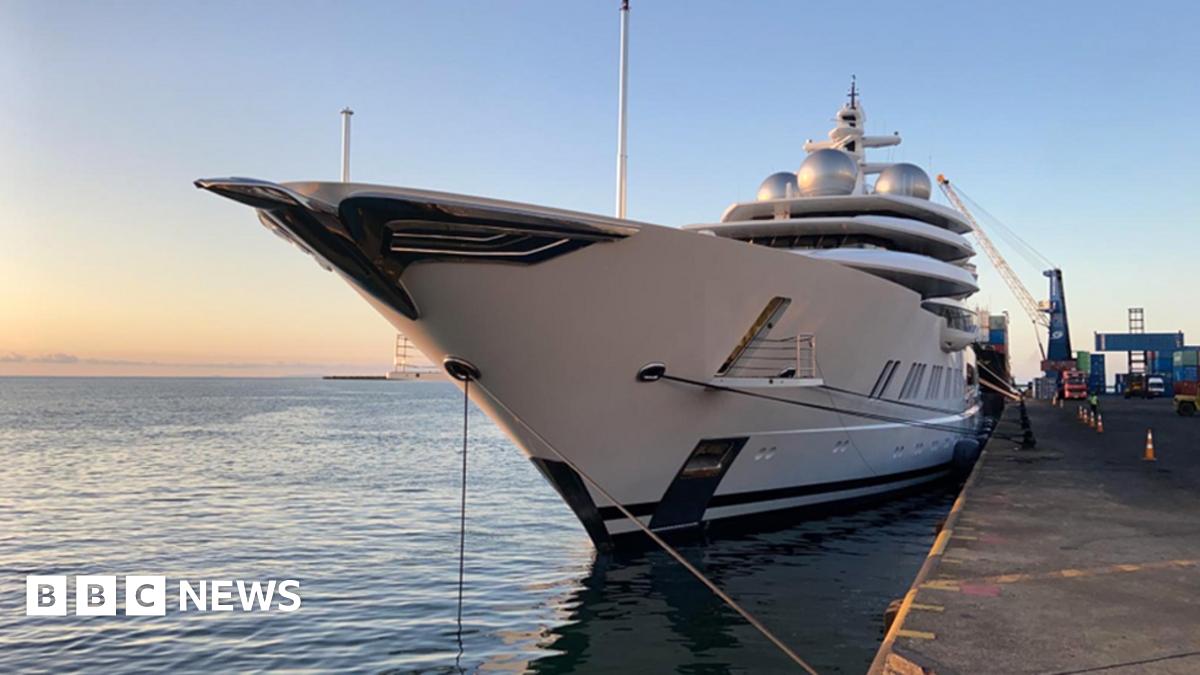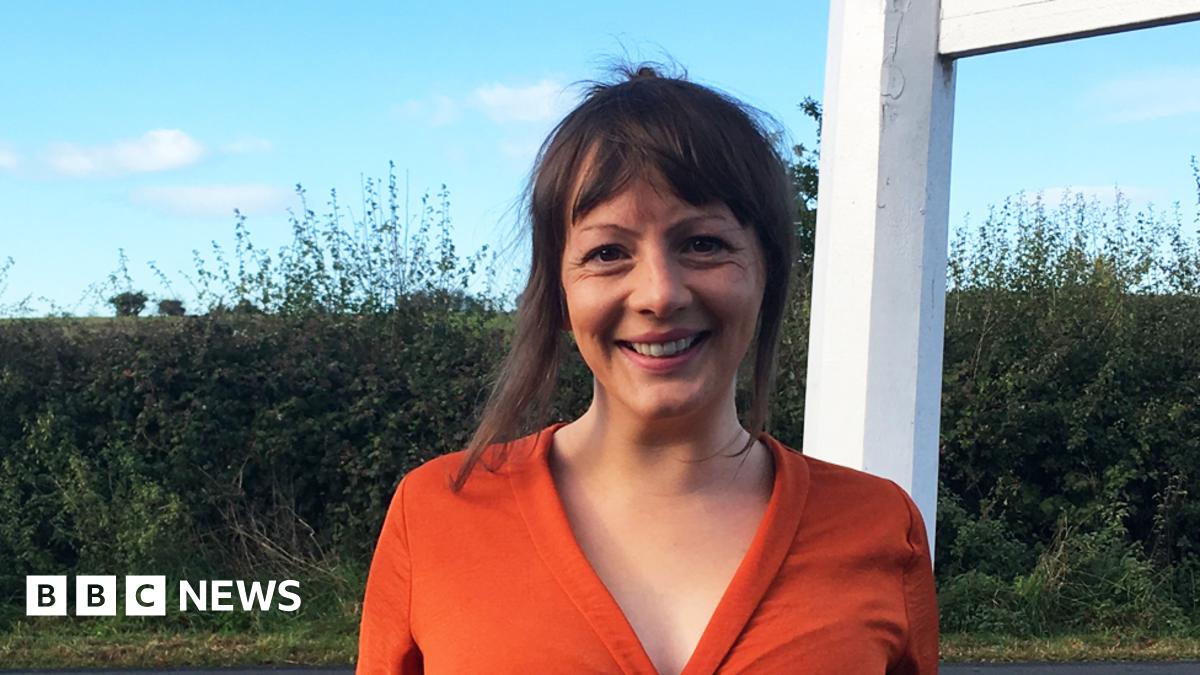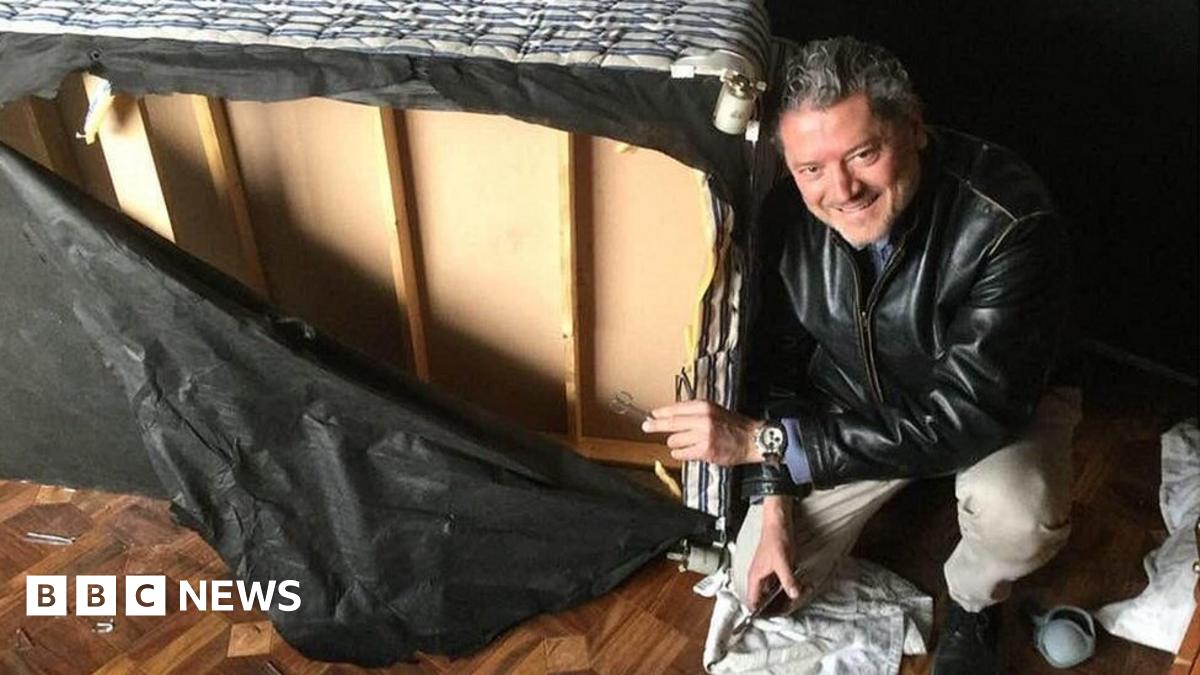Since the invasion, the UK has sanctioned at least 1,200 people, including more than 120 oligarchs with an estimated combined net worth of over £130bn. But, where action has been taken, it has focused on freezing assets.
In March, former transport secretary Grant Shapps filmed a selfie-style video alongside a £38m yacht named Phi on the day it was detained by the National Crime Agency in London’s Canary Wharf.
He said the move had “turned an icon of Russia’s power and wealth into a clear and stark warning to Putin and his cronies”.
But with the detention of the Phi, the UK was relying on a law with a broader scope than those used by its international allies.
The boat’s owner, Sergei Naumenko, is not on any sanction list. And yet, under UK law, vessels can be detained simply for being owned or operated by somebody connected with Russia.
Guy Booth, the yacht’s captain, said Mr Naumenko was “absolutely not an oligarch and he’s not, as described, a close personal friend of Vladimir Putin”.
“If this were an oligarch’s boat, it would be four times the size,” he added.
Mr Booth says the operation seemed “staged” for publicity, adding that Mr Shapps appeared to be “posing like a big game hunter who’d just shot a lion”.
The Department for Transport said it stands firmly by its decision to detain the Phi, adding that the UK would “continue to act within its available powers to ratchet up the economic pressure on Russia and make life harder for Russian elites”.
Mr Booth remains positive that “one day eventually we will sail off down the Thames”.
As Western governments grapple with confiscating frozen assets, Mr Adams expects more countries to follow their “aggressive” approach to seizures.
“We want to make it as difficult as possible to exist as a person who can draw on the benefits of corruption in Russia and at the same time exist in fabulous luxury in the West,” he said.
In the year before the invasion, the Amadea spent most of its time in Europe. It dropped anchor off the likes of Monaco, Marseilles and Montenegro, according to analysis for the BBC by Spire Global, a data and analytics provider.
Today, it is moored at the edge of a busy cargo terminal used by vast, rust-stained car carrier ships. A public park runs close to its berth, and locals have taken to sharing pictures of their glamorous new neighbour on social media.
“They should open it to the area’s homeless,” one person commented.
Another wrote: “I hope they sell it to help Ukrainian refugees.”

